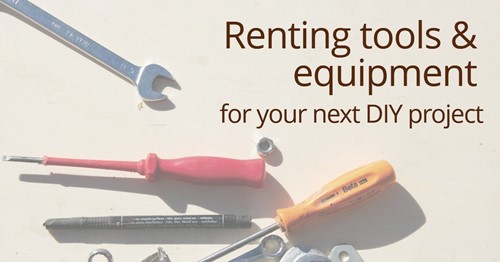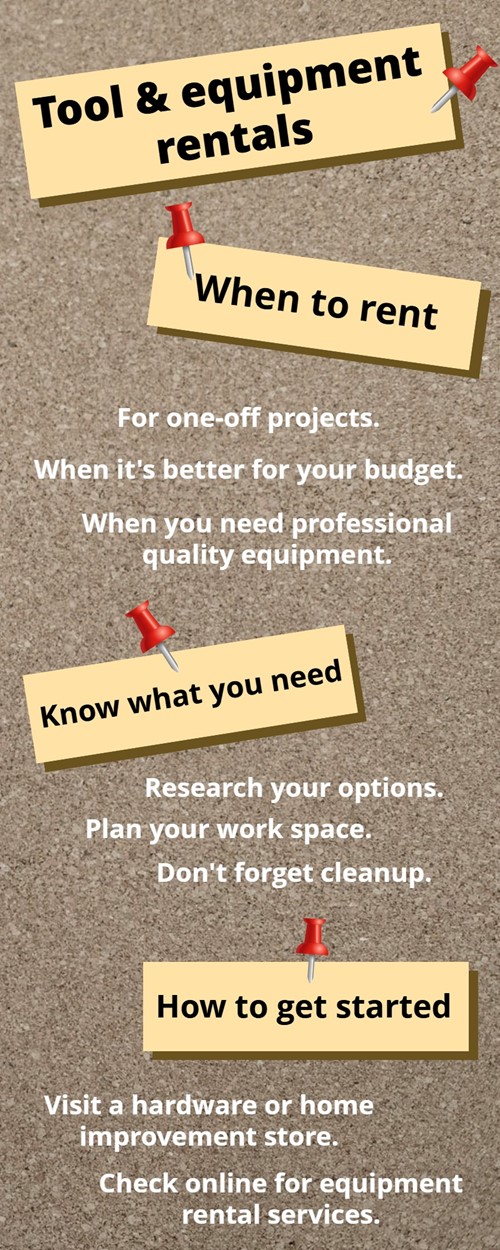
Image by Free-Photos from Pixabay
When you sell property in Delaware, you must disclose certain things to the buyer. Delaware’s disclosure form is seven pages long and includes many things that you do not have to disclose in other states. If you do not disclose something you know or should have known about, the buyer could hold you liable for repairs after the sale. Also, Delaware requires you to make the disclosures to buyers before they make an offer. The disclosure report becomes part of the purchase contract if the buyer and seller agree on a price.
Basic Property Information
The first section is for basic information about the property, including whether you currently live in the property, and if not how long since you lived in the property, whether the property is a rental, vacation home or for other use, whether the property is encumbered by a lease or other type of contract and whether the property is new construction.
Deed Restrictions
Section II asks about any deed restrictions, violations of deed restrictions, affordable and/or workforce housing agreements, whether the property is part of a condominium association or common ownership and whether it is in a neighborhood with a homeowner’s association.
This section also requires you to disclose assessments, special assessments, proposed increased fees, capital contributions and other conditions that might require the buyer to pay fees. You also add the property manager’s contact information in this section.
Title and Zoning
Section III asks you about the title to the property and zoning, including whether you owe more on the house than what you are selling it for. If you are not sure how you hold title, you should get a copy of the title to show whether you own it in fee simple, leasehold or cooperative.
Section III also asks about easements and right-of-ways that affect the property and to describe the easements and/or right-of-ways. Disclose shared maintenance agreements, setbacks and other zoning violations and notices from government agencies regarding repairs and alterations.
You will also have to disclose any legal actions, whether existing or threatened, violations of state, local or federal laws and other regulations.
Additional Disclosures
Additional sections include:
-
Environmental hazards.
-
Soils, drainage and boundaries.
-
Structural items.
-
Termite, dry rot and other pests.
-
Basement and crawlspace information.
-
Plumbing-related disclosures, including the drinking water source.
-
Heating and air conditioning.
-
The electrical system.
-
Fireplace or other types of heating stove installation or issues.
-
Issues with major appliances.
-
Issues with ceilings, floors, exterior and interior walls, porches, decks, windows, walkways and driveways.
When You Are Not Able to Disclose
You have to disclose everything on the form if you know about it or if you should have known about it. The law assumes that if you lived in the house, you should have known of a problem unless you can otherwise show that you might not have known. For example, if you have an electrical problem and do not disclose it, you should have known about it. However, if the problem is with a circuit you never use because it is behind a bookshelf and no other outlets are on that circuit, you probably did not know about the problem.
If you are not sure about something, it’s safer to answer “Do not know,” rather than write in a ‘yes’ or ‘no’ answer.










